RI Logistic Services
- Procurement Logistics: Market Research, requirements planning, make-or-buy decisions, supplier management, ordering, and order controlling.
- Distribution Logistics: Order processing, warehousing, and transportation.
- After-sales Logistics: Training, warranty, service, and parts.
- Green Logistics: We make all attempts minimize the ecological impact of logistics activities.
- Global Logistics: Import and Export, METI and EAR compliance.
- Domestic Logistics: Local recollection and delivery.
- Concierge Service: Hand-carry and escort services.
- Emergency Logistics: Time-critical modes of transport to move goods rapidly in the event of an emergency.
- Production Logistics: Each machine receives the correct part, quantity and quality at the right time.
- Track and Tracing: An essential part of logistics.
Rules and Freight Terms
EXW – Ex Works (named place of loading) The seller makes the goods available at their premises. This term places the maximum obligation on the buyer and minimum obligations on the seller. The Ex Works term is often used when making an initial quotation for the sale of goods without any costs included. EXW means that a buyer incurs the risks for bringing the goods to their final destination. The buyer arranges the pickup of the freight from the supplier’s designated ship site, owns the in-transit freight, and is responsible for clearing the goods through Customs.
FCA – Free Carrier (named place of delivery) The seller delivers the goods, cleared for export, at a named place. This can be to a carrier nominated by the buyer, or to another party nominated by the buyer. The buyer is responsible for both unloading the goods and loading them onto their own carrier.
CPT – Carriage Paid To (named place of destination) The seller pays for the carriage of the goods up to the named place of destination. Risk transfers to buyer upon handing goods over to the first carrier at the place of shipment in the country of Export. The seller is responsible for origin costs including export clearance and freight costs for carriage to named place of destination (either final destination such as buyer’s facilities or port of destination has to be agreed by seller and buyer, however, named place of destination is generally picked due to cost impacts). If the buyer does require the seller to obtain insurance, the Incoterm CIP should be considered.
DAT – Delivered at Terminal (named terminal at port or place of destination) This term means that the seller covers all the costs of transport (export fees, carriage, unloading from main carrier at destination port and destination port charges) and assumes all risk until destination port or terminal. The terminal can be a Port, Airport, or inland freight interchange. Import duty/taxes/customs costs are to be borne by Buyer.
DDP – Delivered Duty Paid (named place of destination) Seller is responsible for delivering the goods to the named place in the country of the buyer, and pays all costs in bringing the goods to the destination including import duties and import taxes. The seller is not responsible for unloading. This term places the maximum obligations on the seller and minimum obligations on the buyer. With the delivery at the named place of destination all the risks and responsibilities are transferred to the buyer and it is considered that the seller has completed his obligations.
Transport Partners
| AMERICAN AIRLINES |  |
NIPPON EXPRESS |  |
| DB SCHENKER | 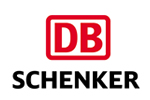 |
PANALPINA |  |
| DHL | 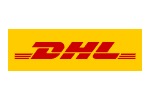 |
PEGASUS | 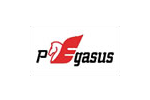 |
| EMS | 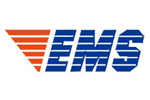 |
SOUTHWESTERN MOTOR TRANSPORT | 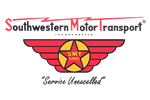 |
| ESTAFETA | 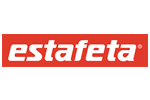 |
TENSO | 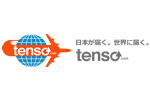 |
| FEDERAL EXPRESS | 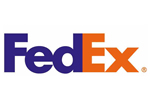 |
UPS |  |
| YUSEN | 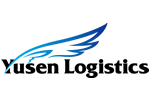 |
Dangerous Goods
| Dangerous Goods International | 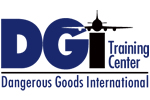 |
Export Management & Compliance
| BUREAU OF INDUSTRY AND SECURITY, U.S. DEPARTMENT OF COMMERCE | 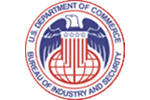 |
| JAPAN’S MINISTER OF ECONOMY, TRADE & INDUSTRY | 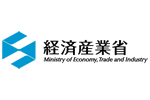 |

